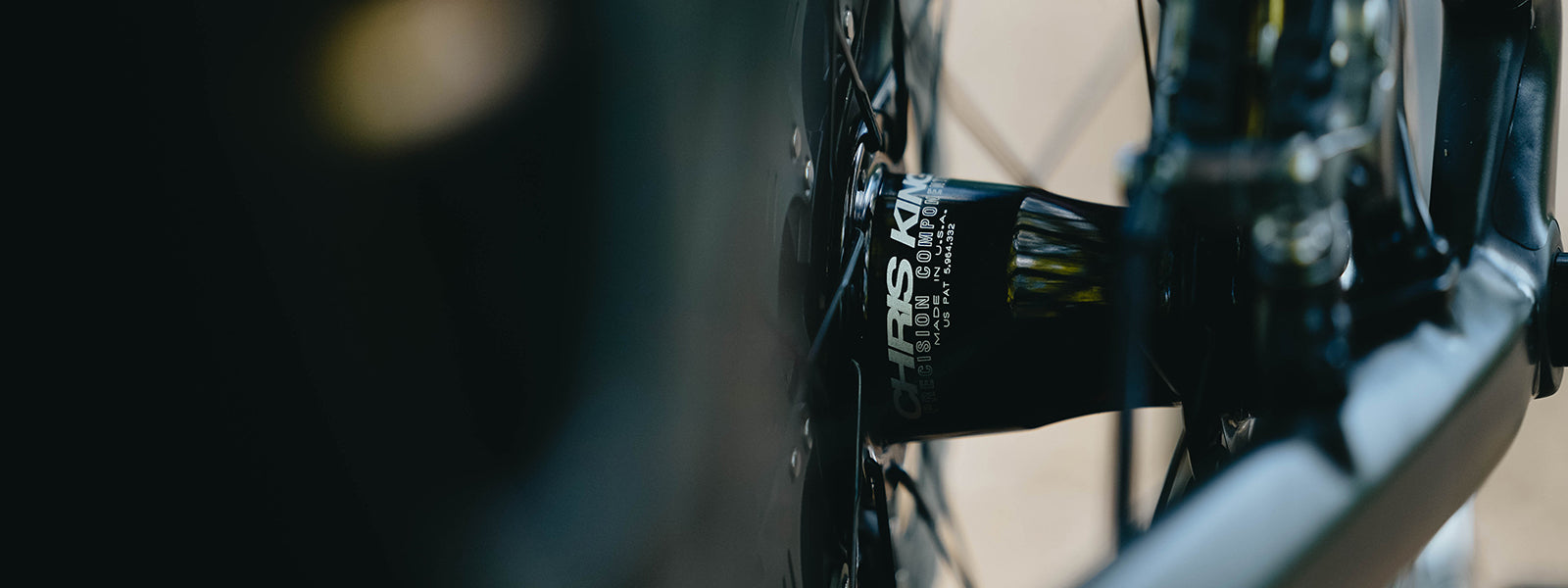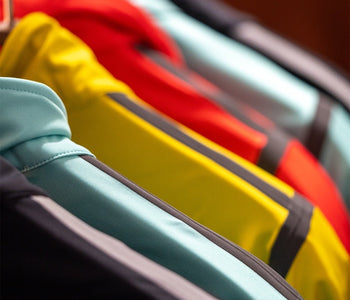Servicing The World: Chris King vs the Throwaway Society
By Stan Portus – 28 December 2020
Chris King has never sacrificed his environmental commitments for the sake of making a quick buck. To this day, he is still making as many products in-house as possible to control the quality and, importantly, to control the impact it has on the planet. Saddleback visited Chris King in Portland, Oregon, to speak to the man himself about sustainability, building products that last, and what it takes to create industry leading bicycle hubs, headsets and bottom brackets.
Saddleback visited Chris King’s Portland, Oregon, USA, headquarters and heard from the man himself about his personal values when it comes to sustainability and how these values translate into the business.
King has never sacrificed his environmental commitments for the sake of making a quick buck. Instead, Chris King headsets, hubs, and bottom brackets are designed to be the last components you will ever need.
Chris King has gone to great lengths in minimising its environmental impact and with great success: Chris King is the first manufacturer in the bike industry to meet the rigorous standards required to become a Certified B Corporation, using business for good.
But the environmental impact of a product goes way beyond manufacture and extends to the lifespan of a product. This is why Chris King has designed its bearings to be fully, and easily serviceable, so they don’t get thrown away and guarantee years of use. Because fewer parts in landfills mean less manufacturing is needed, and the environment is better off overall.
Testament to Chris King’s belief in sustainability is the King Lifetime Warranty. The build quality of King components and their serviceability means they’ll last practically forever, but in case you do manage to damage one, the King Lifetime Warranty means Chris King will repair any parts that hinder the performance of your products free of charge.
We think Chris King says it best himself:
"Profit for us isn't just in money terms, it's the success of the product... in the eyes of the consumer. You already paid for it once, we already paid for it once – collectively as the Earth's inhabitants – why pay for it again?"
Read More
Rouleur Live Gallery
We brought the best of performance cycling to Rouleur Live, showcasing ENVE, Cannondale, Castelli and more across two days in London.




